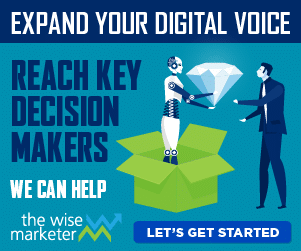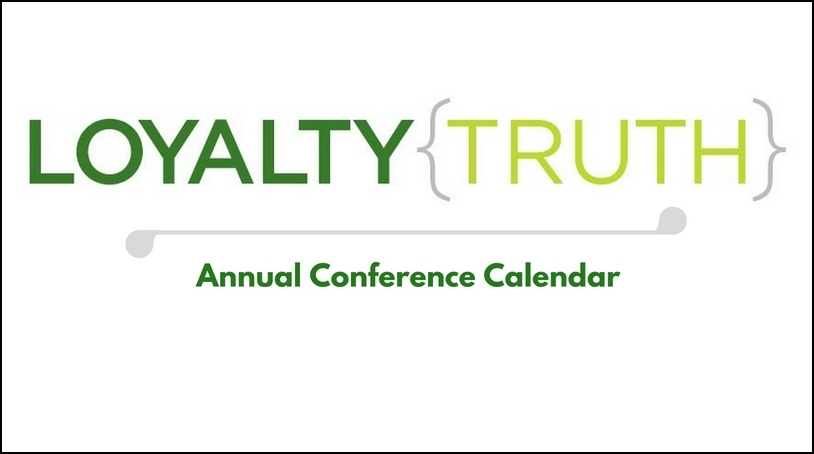Whether you love technology or struggle to keep up with it, you have to admire how new developments push our limits. The limits I’m talking about are our imagination, our time, and our comfort zone.
Last year’s debate over the use of RFID (Radio Frequency Identification) is quickly giving way to a new battle front, “Neuromarketing“. While RFID devices were challenged by well organized consumer privacy groups such as Caspian for basic breaches of privacy, the revelations of of Neuromarketing seem capable of creating Supreme Court worthy debates.
Neuromarketing was profiled this week on CBS’s 60 Minutes and is explained as a technology that employs a specialized use of MRI scanning called “functional MRI,” fMRI for short. In layman’s terms, its proponents are touting that we will soon be able to see what is going on inside the brain and decipher what people are thinking.
RFID has been used by Walmart, the US Military and many others to bring efficiency to the supply chain and dollars to the bottom line. Contactless cards were introduced a few years ago in the US and misunderstanding of the technology’s limits has caused some consumers to buy wallets and purses that block signal transmission and others to simply panic that we are all marching headlong into an Orwellian future. The technology does have some risk, though rarely as it is portrayed by the media and consumer protection groups.
Neuromarketing carries a higher sniff test for risk just by virtue of the way it’s advocates describe it. Neuroscientist Marcel Just painted the benefits of the technology as “thought identification” on the 60 minutes segment and one of the leading companies in the industry, Neurosense, stated it has plenty of clients including “Unilever, Intel, McDonald’s, Proctor & Gamble, MTV or Viacom.” As there are purportedly about 92 neuromarketing agencies worldwide, it’s clear that a lot of resources are being applied to advance the cause.
Each of these technologies has application outside of consumer marketing and maybe that is just where they belong.The question in my mind is how the technology is put into practice in a sensible way that consumers will accept. I can understand that reading minds could be useful to validate live survey responses and focus group chatter. I can also see that a retailer could hone its inventory management by reading the thoughts of consumers passing by a display window with dresses in 3 colors and learning that the green model was most popular.
What I don’t envision is that consumers will accept their thoughts being translated into real-time store promotions or something similar. No matter how “relevant”, having a sales associate in the Apple store walk up and offer an unsolicited suggestion for the best case for your new iPhone strikes me as just plain creepy.
We’ve been down this road before with chip cards and RFID enabled devices. The premise that personalized service or personal shoppers could be anonymously triggered as the RFID-enabled loyalty card of a “best” customer passed the scanner at the store entrance was not appealing to any survey or focus group respondent I have ever encountered.
The only possible scenario that I consider practical is using a mobile device to opt-in or invite current promotions to be pushed to me before I entered a particular store. Let’s say I am ready to visit Nordstrom and am sitting in the food court having some coffee. If I could open the mobile marketing application on my iPhone listing all of my loyalty program memberships, select Nordstrom and click on “today’s deals”, I would be happy to have specific offers and specials sent to my mobile phone. I could also opt-in to “personal shopper” and, if I qualified in the loyalty program, I would trigger that service upon entering the store (GPS enabled phone, right?).
The debate will rage on and next year the argument may be substantially the same with a different device or technology filling in the blank occupied last year by RFID and today by Neuromarketing. If we keep in mind that business is driven by pleasing the customer and not about advancing a particular technology, then we will have an easier time choosing the path to success.
 Previous Article
Previous Article



